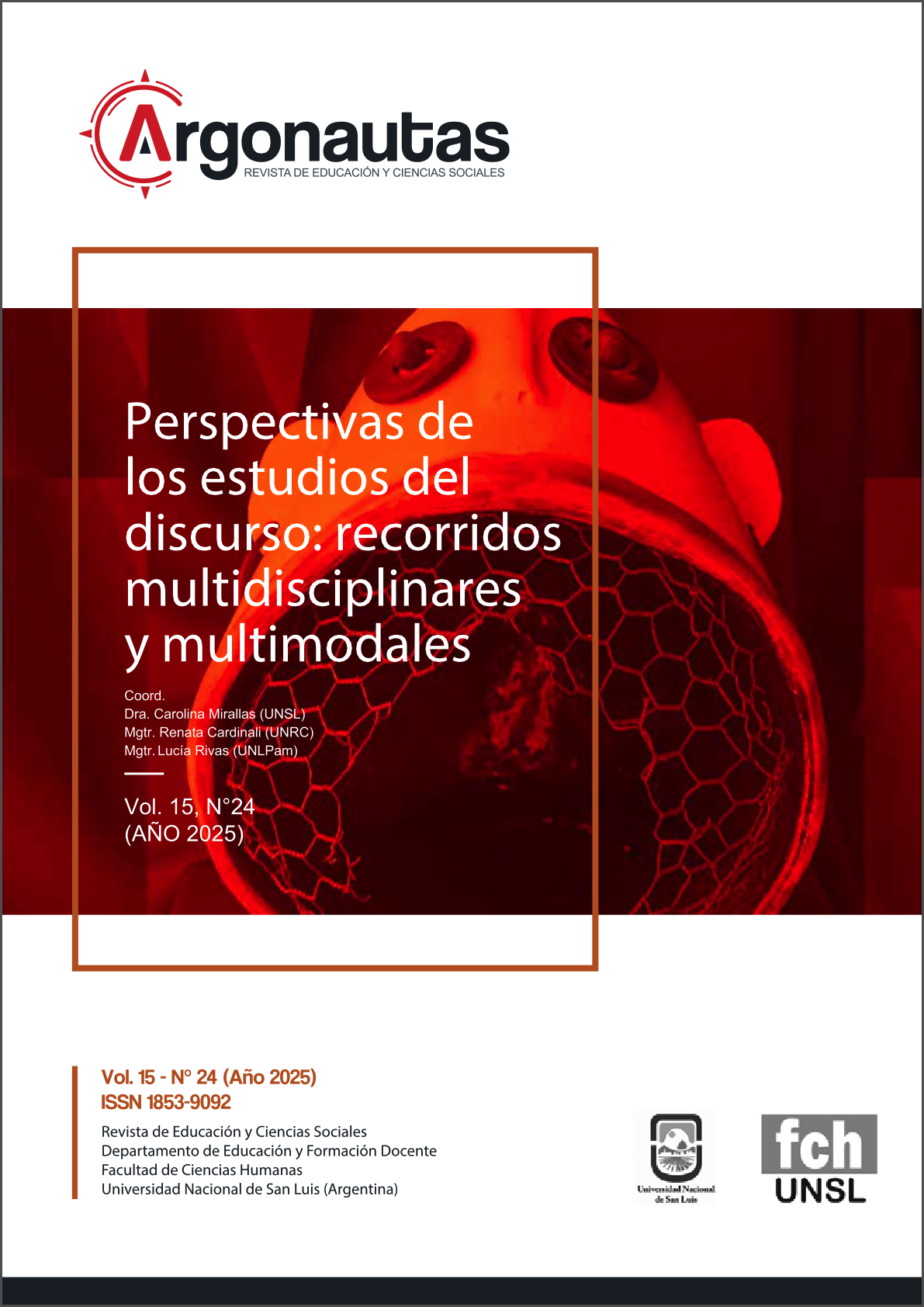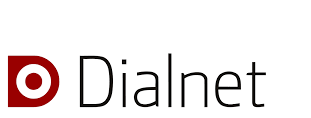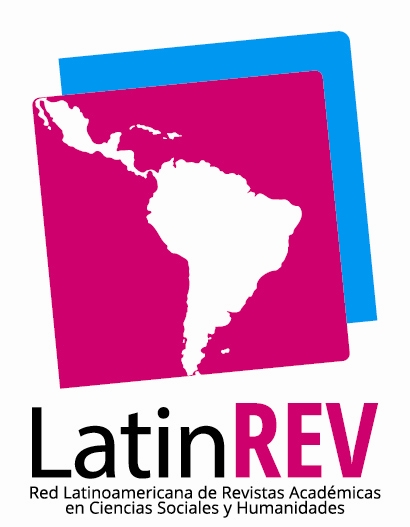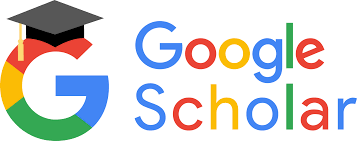A proposal for the teaching of English with Academic Purposes based on the teaching-learning cycle within Systemic Functional Linguistics
Keywords:
Systemic Functional Linguistics, teaching-learning cycle, reading, genre abstract, english with specific purposesAbstract
Reading texts can be a difficult task, especially in academic contexts in which knowledge of the discipline and conventions of scholarly communication becomes essential. Reading can be even more challenging if it is in a foreign language. For this reason, students of subjects such as English for Specific Purposes often attend Academic English courses in the early years of their programmes. This situation creates an even greater challenge given that students are still in the process of acquiring the technical vocabulary of their field of knowledge in their native language. Genre Pedagogy -a methodology grounded in Systemic Functional Linguistics and in the theoretical and pedagogical development proposed by the Sydney School (Martin & Rose, 2008; Rose & Martin, 2012)- becomes relevant for the teaching of genres. The aim of this paper is to present a pedagogical intervention that enables the acquisition of the reading skills to comprehend abstracts. This research proposal will be conducted in the context of the Human Sciences College, at the National University of La Pampa. Through qualitative methodology of multiple case studies, it is expected that students’ perceptions on the acquisition of English language in the context of English with specific Purposes may provide data to improve the teaching of this language in specific contexts. The research questions will focus on the students’ perceptions about the development of their own reading abilities in the genre abstract during the pedagogic intervention. These perceptions will be collected through questionnaires and interviews.
Downloads
References
Benson, P. y Voller, P. (1997). Autonomy and Independence in Language Learning. London: Longman.
Bhatia, V. K. (1993). Analysing Genre: Language Use in Professional Settings. London: Longman.
Bhatia, V. K. (2004). Worlds of Written Discourse: A Genre-Based View. London: Continuum International.
Boccia, C., Brain, V., Dorado, L., Farías, A., Gauna, B., Hassan, S. y Perera de Saravia, G. (2013). Working with texts in the EFL classroom. EDIUNC.
Boccia, C., Hassan, S., Moreschi, M., Salmaso, G., Farías A. y Romero Day, M. (2019). Teaching and learning EFL through Genres. Teseo Press.
Gonzalez Vuletich, L. y Valsecchi, M. (2020). “La escritura académica y la pedagogía para la enseñanza y el aprendizaje de géneros: Una experiencia áulica”. En Actas II Congreso Nacional de la Cátedra UNESCO para la lectura y la escritura (679-687). Mar del Plata: Universidad Nacional de Mar del Plata.
Griffiths, C. (2008). Lessons from good language learners. Cambridge University Press.
Halliday, M., y Mathiessen, C. (2014). Introduction to functional grammar. Fourth edition. London: Routledge.
Hernandez Sampieri, R., Fernández Collado, C. y Baptista Lucio, P. (2014). Metodología de la investigación. Mexico: McGraw-Hill Interamerica.
Hyon, S. (1996). “Genre in three traditions”. TESOL Quarterly, 30(4), 693-719. Recuperado de: https://doi.org/10.2307/3587930
Hsu, T. (2008). “La aplicación del análisis de género a la enseñanza del español para fines específicos: Español para correspondencia comercial”. En Actas XLII AEPE, 385-392.
Johns, A. (2002). Genre in the classroom. Multiple perspectives. Lawrence Erlbaum Associates Publishers.
Kalaja, P., y Barcelos, A. (2013). “Beliefs in Second Language Acquisition: Learner”. In: C. A. Chapelle (ed.). The Encyclopedia of Applied Linguistics. Blackwell Publishing Ltd (1-7).
Lindsay, P., y Norman, D. (1977). Human Information Processing: An Introduction to Psychology (2nd ed.). Academic Press.
Martin, J. y Rose, D. (2008). Genre Relations: Mapping Culture. London: Equinox Publishing.
Miller, C. (1984). “Genre as social action”. Quarterly Journal of Speech, 70, 151–167. Recuperado de: https://doi.org/10.1080/00335638409383686
Nunan, D., y Bailey, K. M. (2009). Exploring second language classroom research. Heinle, Cengage Learning.
Oskamp, S. (1977). Attitudes and opinions. New Jersey: Prentice-Hall.
Pho, D. (2008). “Research article abstracts in applied linguistics and in educational technology: a study of linguistic realizations of rhetorical structure and authorial stance”. Discourse studies, 10, 231. DOI: 10.1177/1461445607087010
Richards, J. C. y Lockhart, C. (1995). Reflective teaching in second language classrooms. Cambridge University Press.
Rose, D. y Martin, J. (2012). Learning to Write, Reading to Learn: Genre, Knowledge and Pedagogy in the Sydney School. London: Equinox Publishing.
Savin Baden, M., y Howell Major, C. (2013). Qualitative research: The essential guide to theory and practice. London: Routledge.
Scharle, A., y Szabo, A. (2000). Learner Autonomy: A Guide to Developing Learner Responsibility. Cambridge: Cambridge University Press.
Swales, J. (1990). Genre Analysis: English in Academic and Research Settings. Cambridge University Press.
Swales, J. (2004). Research genres. Exploration and applications. Cambridge University Press
Vygotsky, L. S. (1978). Mind in society: The development of higher psychological processes. Cambrige: Harvard University Press.







